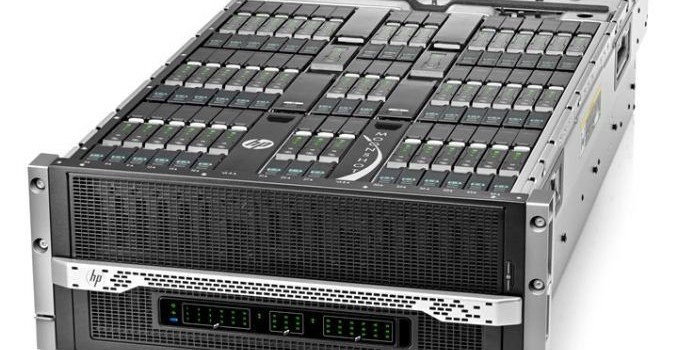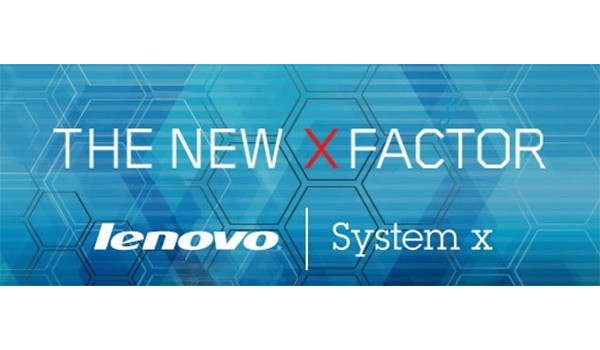
Lenovo announced today that they have satisfied the conditions needed to complete the acquisition of IBM’s x86 server business, and the parties expect to finalize the deal and close effective October 1, 2014. This move also basically marks IBM’s exit from the x86 market, after having previously sold off their PC laptop and desktop division to Lenovo back in 2005. The details of the acquisition were first announced in January 2014, with the purchase price being approximately $2.1 billion ($1.8 billion in cash and another $280 million in Lenovo stock).
Getting into the details, as part of this acquisition Lenovo will get the System x, BladeCenter, and Flex System blade servers and switches, x86-based Flex integrated systems, NeXtScale and iDataPlex servers and software, and additional blade networking and maintenance operations. IBM for their part will maintain their System z mainframes, Power Systems, Storage Systems, Power-based Flex servers, and PureApplication and PureData appliances. IBM will continue to provide service and maintenance for an extended period of time, to help ensure a seamless transition for customers.
Interestingly, the announcement bears an uncanny resemblance to the news from nearly a decade ago, as this will make Lenovo the third-largest player in the global x86 server market. When Lenovo bought IBM’s PC division, they became the third-largest player in the PC laptop and desktop space. Of note is that last year, Lenovo was the largest PC vendor by unit sales, so clearly they’re hoping for a repeat of that success, only this time in the more lucrative server space.
Gerry Smith, Lenovo Group VP of and president of Enterprise Business Group and America’s Group states, “The acquisition is a clear demonstration of the confidence we have earned based on our consistent track record as a responsible global investor and as a secure and reliable technology provider. Lenovo has big plans for the enterprise market. Over time, we will compete vigorously across every sector, using our manufacturing scale and operational excellence to repeat the success we have had with PCs.”





